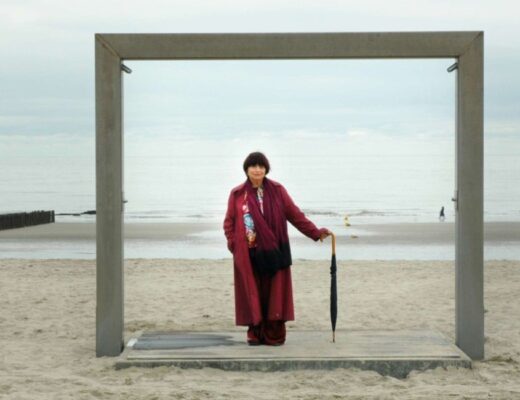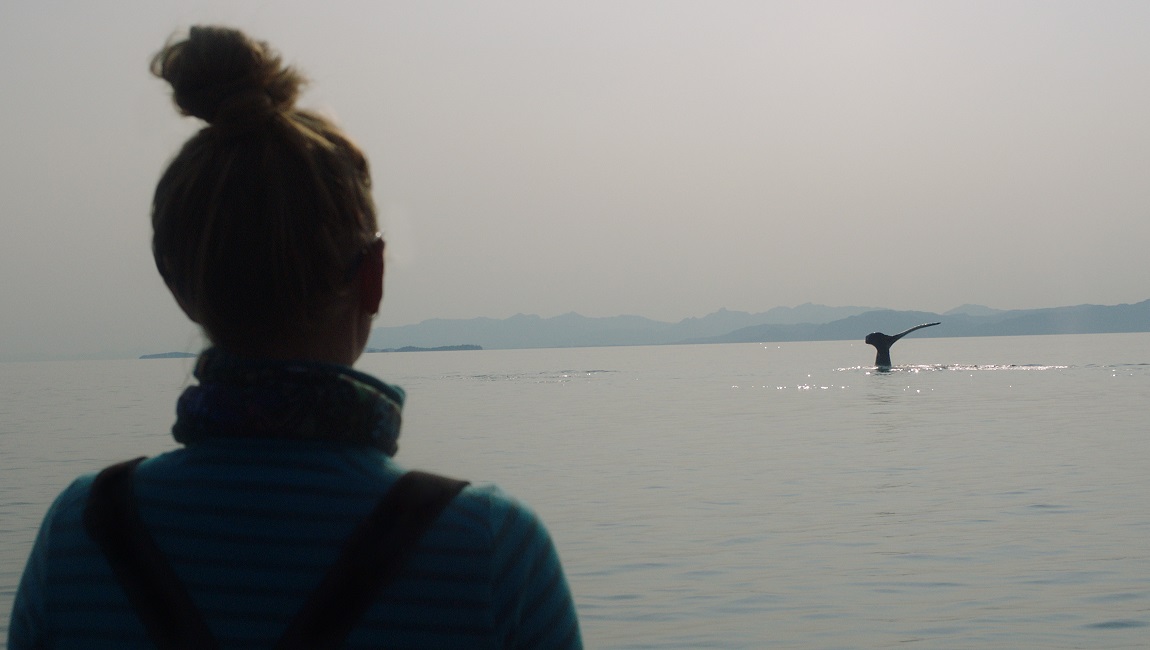The Long Walk is an intricate and elegant work, sure to be one of the year’s best genre efforts and a remarkable calling card for director Mattie Do.
After decades of European colonialism, Vietnam War proxy fighting, absorption into the political sphere of the former USSR, an eventual civil war, and finally a Communist ruling class interested only in producing propaganda films, the small, landlocked Southeast Asian country of Laos has made gradual, tentative steps toward creating a local movie industry. According to journalist Marimi Kishimoto, Vientiane, the capital city of Laos, has only three functioning movie theaters, playing mostly Hollywood imports and films from neighboring countries like Vietnam and Thailand. But all that is changing, if slowly. At the forefront of this burgeoning industry is Mattie Do, officially Laos’ first female director. Do, the daughter of Laotian immigrants who fled the country during the Communist Revolution, was born in Los Angeles but returned to her ancestral home in 2010. Do’s first film, Chanthaly, is considered Laos’s first horror film, while her second feature, Dearest Sister, became the country’s first Oscar submission. Do’s third film, The Long Walk, is her most ambitious project yet, combining the languid pacing of “slow cinema” with sci-fi and horror elements. It’s a heady mix, which Do manages to make cohere into an achingly painful treatise on generational trauma and deeply felt regret.
Beginning with a series of cryptic vignettes that play out against the lush forests of a small rural village, we are introduced to an unnamed transient, a weary, older man played by Yannawoutthi Chanthalungsy. He scavenges parts from a rusted-out old scooter bike, selling them piecemeal to a local junker for small change. Do weaves small details into the proceedings that reveal we are sometime in the future; food comes in shrink-wrapped packaging, sleek jets fly overhead, and transactions are made via bio-digital implants just barely visible under Chanthalungsy’s skin. It’s clear he lives a solitary existence, barely speaking to anyone other than the dementia-riddled old woman who runs the noodle shop. Then, a few things begin to happen simultaneously; the old woman disappears, then turns up dead, seemingly at Chanthalungsy’s hands, while a young woman begins appearing just behind him as he walks the dirt road from his shack to the village square. There’s also a little boy who sits with his mother selling vegetables, and whose abusive father occasionally appears to berate the pair for not making enough money. These various strands proceed concurrently, Do cross-cutting between them, before it is ultimately revealed that the young boy is actually Chanthalungsy from 50 years in the past. The spectral figure that has been following him is actually a ghost, and her presence acts as some kind of guide linking the future to the past. The scenes with the young boy are, then, functionally flashbacks, albeit ones that the now older version of the boy can interact with. In classic Ray Bradbury fashion, Chanthalungsy discovers that he can communicate with his younger self, but in doing so winds up changing the future — or, technically, the present — in unknowable ways.
Like the best time travel stories, things loop around and twist in on themselves in fascinating ways. Chanthalungsy has vivid memories of his father abandoning his family while watching his mother slowly succumb to an untreatable illness, acts that profoundly shaped the man he would become. Determined to help his younger self navigate this trauma, he begins delivering modern medicine to his ailing mother, occasionally leaving them cash as well. But each action he takes winds up altering his present, leading to a series of narrative resets that become increasingly chilling in their implications. There’s also an emphasis on the very matter-of-fact presence of not one but many ghosts, as well as a late-breaking subplot about a potential serial killer. It’s a lot, but Do and screenwriter Christopher Larsen (also her husband) keep the separate timelines crystal clear, the better to delineate the causalities that make up the film’s second half. Here, then, the road that Chanthalungsy and his ghostly companion traverse each day becomes a literal link to a painful past, tethering this man to a foundational experience that he can’t let go of (or in this case, can’t stop reliving). It’s hard not to read some sociopolitical subtext into this scenario, concerned as it is with making peace with the past so that one can venture forth unencumbered into a more hopeful future. Do lays this all out in a simple, elegant manner, delivering one of the year’s best genre films in the process. Her future, at least, seems clear, and it is bright.







